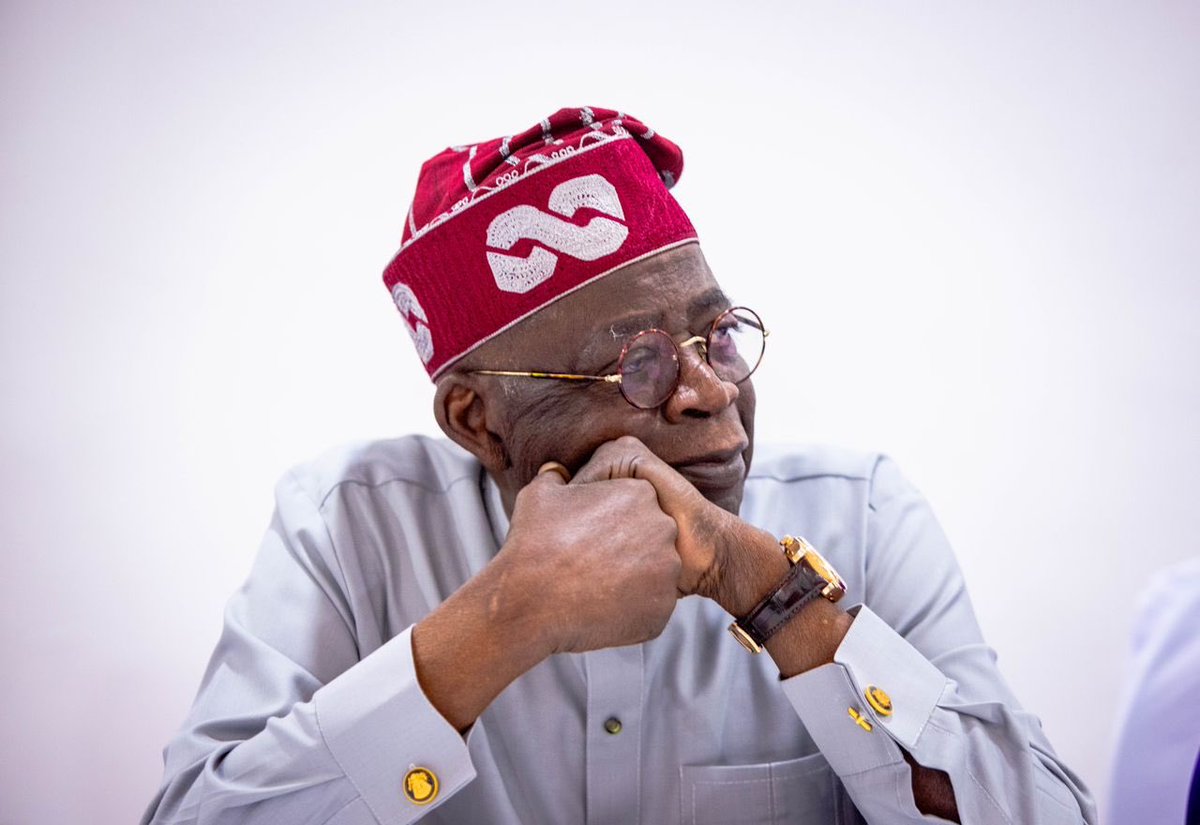By Damiete Braide
The apex Yoruba socio-political group, Afenifere, has raised serious concerns over what it described as the systematic “de-structuring” of Nigeria’s federal foundations under the leadership of President Bola Tinubu.
In a joint statement by its leader, Oba Oladipo Olaitan, and the National Publicity Secretary, Prince Justice Faloye, the group raised the alarm over alleged growing authoritarian tendencies of the current administration and the attendant economic and social decline.
The group said the Tinubu-led government had steadily eroded the core principles upon which the Nigerian federation was built. Rather than moving towards genuine restructuring to ensure equity and national development, the administration has, in their view, pursued policies that centralise power, weaken institutions, and stifle democratic freedoms. Afenifere stated that Nigeria is now grappling with a combination of worsening vulnerabilities, suppression of dissent and deepening hardship.
The group pointed to recent infringements on the right to free speech as clear indicators of the administration’s autocratic leanings. Notably, it criticised the banning of the song, “Tell Your Papa,” by artist Eedris Abdulkareem, which was seen as a direct response to controversial comments made by Seyi Tinubu, the president’s son. Afenifere described the ban as a clear attempt to silence dissenting voices and limit artistic expression. Such actions, they argued, erode the democratic space and reflect a leadership disconnected from the lived realities of ordinary Nigerians.
Economically, Afenifere lamented the devastating effects of the government’s ultra-liberal policies, including the floating of the Naira and the removal of fuel subsidies. These measures, they noted, had led to rampant inflation, increased unemployment and widespread poverty. The promise of economic transformation, they said, remained unfulfilled, leaving the majority of Nigerians to struggle with declining purchasing power and loss of hope. The group warned that instead of offering relief, the government appears to be compounding people’s misery by dismantling the very mechanisms through which citizens could express their frustrations and seek change.
Security, according to Afenifere, had also significantly deteriorated. Citing a report by HumAngle’s Conflict Tracker, the group highlighted that over 1,420 Nigerians were killed and more than 537 kidnapped in the first quarter of 2025 alone. It called attention to specific incidents of violence in Ondo, Benue, Edo, and Nasarawa states, where attacks by bandits and armed herders have resulted in loss of lives and destruction of property. In one case, 20 people were reportedly killed and nine surveyors kidnapped in Ondo State. In Benue, the killing of three security personnel by herdsmen led to widespread protests and further unrest.
In the light of these challenges, Afenifere renewed its call for the Federal Government to ban open grazing and adopt ranching as a safer and more sustainable alternative. The group also urged the creation of state police forces to complement the national security framework. It argued that a centralised police system is inadequate for a country as large and diverse as Nigeria, and that the refusal to decentralise security reflects misplaced political priorities.
It concluded by affirming its solidarity with all Nigerians currently suffering under the weight of insecurity, economic hardship and restricted freedoms. The group called on the government to move beyond lip service and commit to implementing practical, inclusive policies aimed at ensuring safety, equitable development and democratic freedom for all. It emphasised that protecting citizens’ rights to speech, association and creativity is not only essential to democracy but, also vital for national cohesion and progress.

